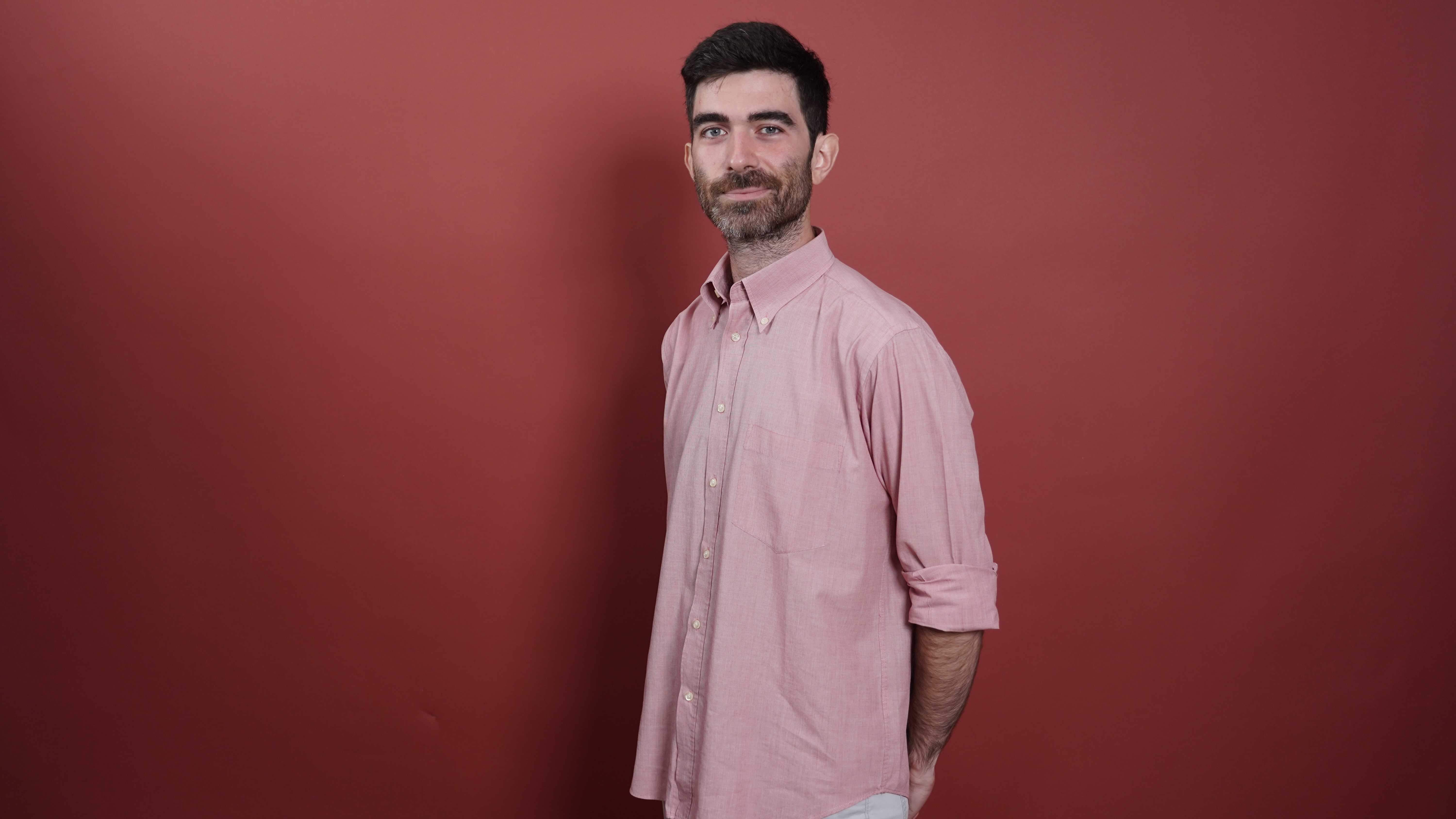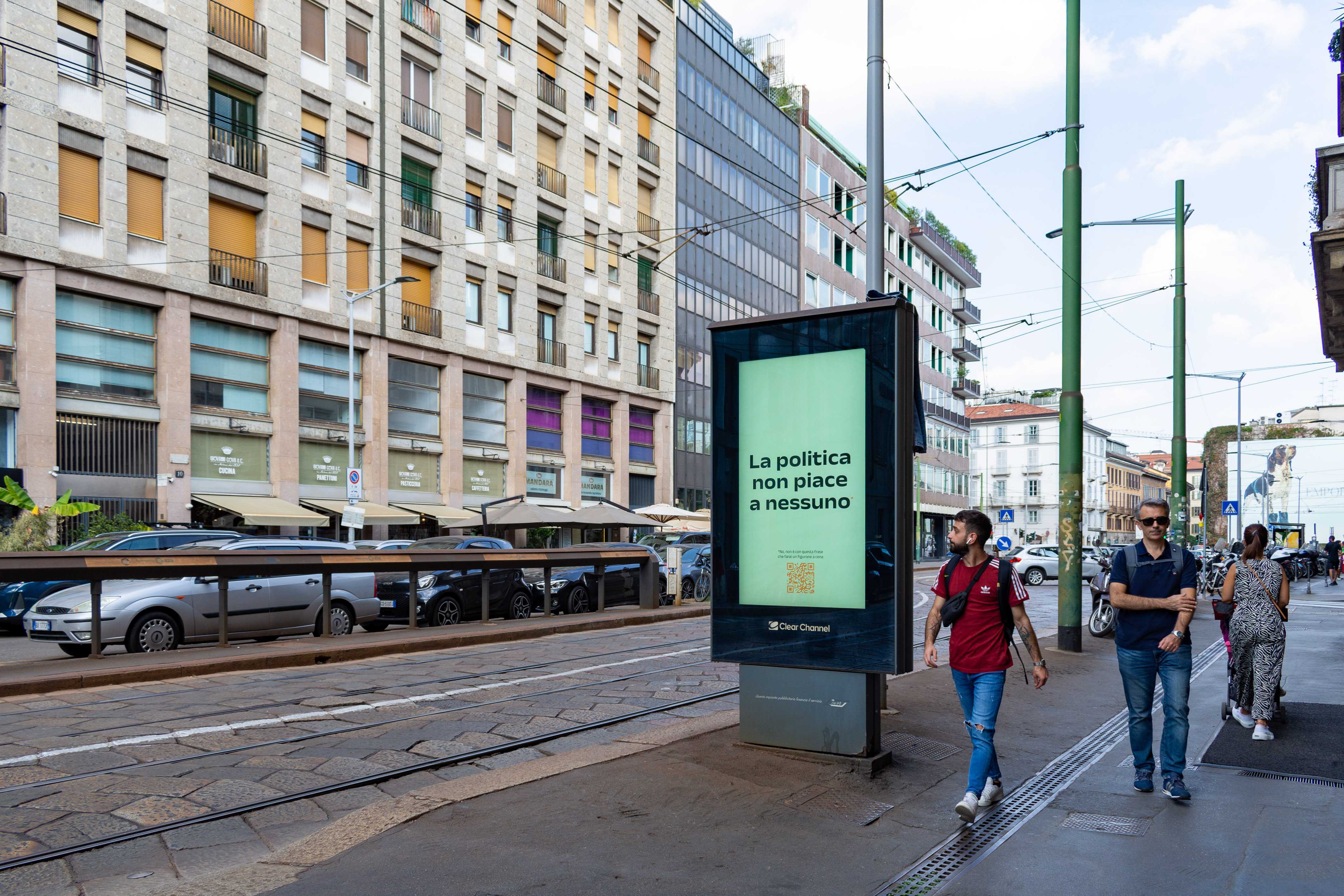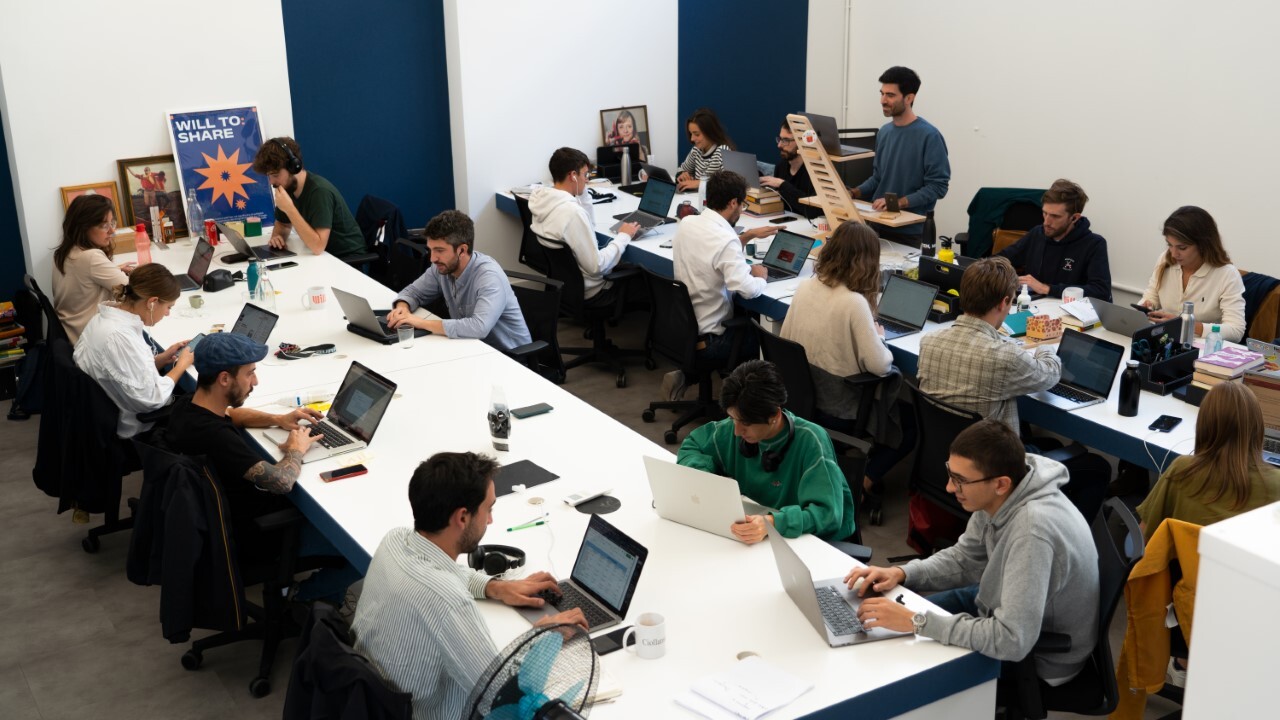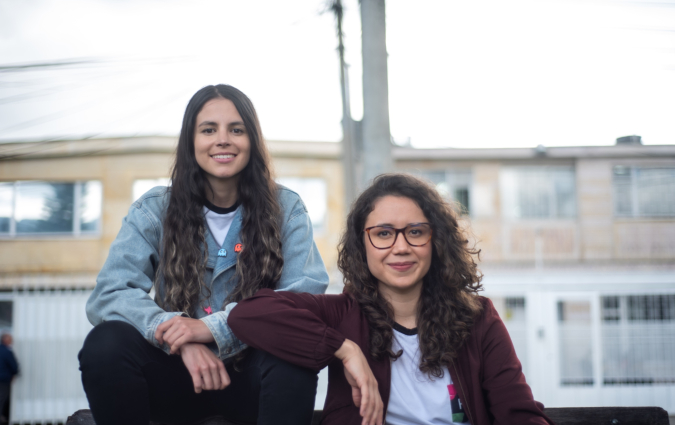With a focus on millions of young followers, Will Media is changing journalism in Italy

Francesco Zaffarano.
Italian journalist Francesco Zaffarano has almost a decade’s experience in digital journalism. He worked in social media and audience engagement for a range of Italian and English-language outlets including The Telegraph, the Economist and La Stampa before joining Will Media in September 2020. After the publication of this interview, Zaffarano left Will Media to join media platform Devex as Senior Audience Editor.
Will Media defines itself as an online community. Up to 35 people work for the start-up, across editorial, commercial, graphics and admin teams, creating and publishing posts delving into the important issues of the day on several social media platforms.
Will Media, which was sold in June 2022 for €5 million to podcast company Chora Media, has also produced a podcast, a newsletter, a book and even a film documentary. With 1.3 million followers on Instagram, 341,800 on Facebook, 219,500 on TikTok, 81,300 thousand on LinkedIn, 63,800 on YouTube, and 54,900 on Telegram, the Italian outlet boasts a large and growing online audience. Its swift rise to popularity among young Italians since its inception in 2020 and its nature as a social media-based publication make it stand out in a news industry still focused on TV and print.
A few days before the crucial Italian general election, I spoke to Zaffarano about how to rethink impartiality, his reflections on Will Media’s future, and how to keep growth sustainable at a time like this.
Q. How would you describe Will Media's audience? What do you know about them?
A. We usually say that Will is the Gen-Z and Millennials-lead voice for change that crosses generations. The majority of our audience is under 35, and 25% of them are students. We reach different demographics on the various platforms where we publish. But they have something in common: their priority is the fight against the climate crisis and a big chunk of our audience says they want to be active and involved. For 47.6% of Will's community, the priority for our country should be the search for greater sustainability on a social, environmental, and economic level.
Q. Why have you chosen not to have a traditional website? Isn’t it risky to put all your content on external platforms?
A. Our website isn’t a typical website, it’s more like a search engine that allows you to search through our content.
Publishing on platforms has many advantages but also some disadvantages, one of these is that it’s not easy for those who follow you to find some old content. So then we created this search engine that lets you, essentially, insert some key search terms and then find all the content that corresponds to your search on all the platforms we publish on.
It’s undoubtedly very risky, but to me what would be the real risk, rather than not having our own site, would be to bet everything on a single option.
What we can’t afford is to only exist on a single platform because if the algorithm changes, then the game is up. That’s why we’re on many different platforms. For example, Instagram is our production front line but we’re doing a lot on YouTube and Tik Tok. We want to grow a lot there, and in November last year we started experimenting on Telegram.
The reason we went on Telegram wasn’t to add another platform, but to experiment with a type of distribution that is completely different, it’s not algorithmic. It’s a much more complex type of loyalty. You grow much more slowly, but it’s a very interesting platform because it responds to a growing trend. It’s not explosive yet but it’s growing among a part of the population who wants to distance itself from a social media environment: with smaller groups, conversations that are less toxic, and less abusive, and also we see a return to messaging as a place to find the people you trust the most.
Although our numbers there are still limited when compared to what we’re used to on other platforms, we now have 54,850 people who follow us on Telegram. For that platform, those are good numbers. It’s not the 1.3 million we’re used to on Instagram, but what we’ve seen is that when we share a link to one of our YouTube videos on Telegram, we have a click-through rate that is proportionally very high.
What’s clearly being activated there is a mechanism of higher trust, higher involvement. To answer the question more succinctly, yes, it’s risky and no, we don’t think that the solution is our website at this moment because people are elsewhere and we want to meet people where they are.
Q. Why have you chosen not to have a Will Media Twitter presence?
A. Twitter is very interesting to use to talk to some subsections of the population. For me, it’s a marvellous place to interact with other journalists, to get in touch with foreign journalists and see what they’re up to. There’s a very well-developed academic community, a scientific community, and a coding community. However, it’s not a platform that’s representative enough of the diversity of the population. We don’t think it’s the right place to be if you want to talk to the widest possible audience.
Q. A few years ago, innovative online publications aimed at a young audience like Buzzfeed and HuffPost seemed like they were the future, but things didn't turn out that way and now they’re struggling. Do you fear something similar happening to Will?
A. I don’t know if Will will ever become legacy media, that’s certainly not our current concern. We’re thinking about growth and consolidation. It’s natural for there to be waves and peaks of popularity. We shouldn’t think we are immune from drops in popularity. But I think it’s also important for people who work in this industry to not live in fear of this because it’s normal.
What’s important is to learn from those moments, to experiment, but we shouldn’t, out of fear of not looking brand new, continuously change what we do, this would create confusion. It’s important to always find the right balance between being innovative, consolidating what we already do and growing. But what we really need to avoid is to grow very fast, explosively, and then realise once we get to five million followers that those people don’t really consider us to be relevant. That’s what scares me. What’s important to me is to grow well, not to grow very fast but to grow well.
Q. As a general election approaches in Italy, how have you at Will Media chosen to handle this topic?
A. We started from a concept that has also been the carrying point of a billposting campaign we did. It’s the first time that we did something like this, like going and putting up posters at bus stops, and this campaign had a slogan: “Nobody likes politics,” which is a bit provocative and was accompanied by a smaller sentence which said: “But it’s not with this sentence that you’ll make a good impression at dinner tonight.”
This thing about making a good impression at dinner is a recurring theme for us, it’s one of our slogans. This is to say, we inform you, we give you instruments to orient yourself in this changing world. But we also give you interesting facts. We tell you things you can use when you go out with your friends tonight. We used this double slogan and a QR code on the billboards to send people to a collection of our content.
Starting with the premise that there’s a very high level of disinterest in politics, especially in the younger population, it’s fundamental that young Italians mobilise. We don’t tell them which candidate they should support. We don’t tell them to vote for this party or this coalition. But Italy is a country in which under-35s are a clear minority compared to over-50s and over-60s, who surpass us by several percentage points when you look at the demographic composition of the electorate. It’s very important that we make ourselves heard, that we even simply just signal our participation. Until we participate, it’s unthinkable that politics will concern itself with our problems.
Our objective was to give tools to our community, which has grown a lot and is now one of the largest online communities in Italy, with a mostly young audience. We wanted to give them every possible tool to approach these elections, not by telling them, this is the party you have to vote for, but, pay attention, these are the issues that will be on the agenda tomorrow regardless of who you vote for. Because climate change, our public debt, and the [post-pandemic] recovery plan are issues that we need to discuss regardless of who's in government.
So we say, here’s what you need to know about these issues, here are the parties’ proposals. Make your choice, but make a choice.

Q. How do you remain impartial when discussing divisive issues like politics? Do you ever take a side?
A. We have made it our job to remain impartial. Obviously, we must always clarify that perfect impartiality doesn’t exist. We can’t expect people to live in a vacuum of feeling and experience. I have my life, my cultural background, I’ve had certain experiences and I see and interpret with a filter and that’s normal, it happens to everyone. Having said this, I strongly believe people who work in the world of information should act in good faith and with professionalism and respect certain rules.
At Will, we don’t claim to have solutions. We don’t tell people what the right thing to do is. We firmly believe that people need tools and the opportunity to make up their own minds. This is a principle that we integrate into the way we work every day. We also try to have a team that is ideologically diverse. This is important for us because it allows us to see the issues from different points of view.
Obviously, we need to avoid limiting ourselves to just ticking boxes like, oh we have a liberal, a conservative and a progressive in the newsroom. We need to also be practical, and what happens in our daily workflow is that all the content we publish is edited by the person responsible for that particular platform, supervised by me, but then every day we meet with authors and people from other teams and we look at all the content that we plan on publishing the following day together.
Everyone, regardless of seniority, role, or the topics they usually work on, has the chance to raise their hand and say, I think this content isn’t okay the way it is. We then discuss it. In some cases, a majority approval is enough if, for example, we’re choosing between a graphic or a photograph for a post. But when the question concerns politics or values, it’s fundamental that as a team, we agree with what we’re saying, with our message, because we want more people to be able to relate, to feel that we’re talking to them and not only to a small bubble of people who resemble us. This is also how we avoid content that could be perceived as biased, because the diverse people around our table can agree on it while also having their own thoughts on that issue.

Q. One of your slogans is: “Raising awareness of everyday facts to inspire change.” What kind of change are you talking about?
A. When we talk about change, we don’t mean to give a solution. We say, here are the facts, here’s the data. These are some possible solutions, but we’re not telling you which one’s the right one.
Until you have these tools, you’ll remain at the mercy of the positions of politicians which are more conditioned by electoral interest than by the good of the country; or you’ll side with your family, who’s always seen things a certain way; or your friends, who maybe know more than you and you feel you don’t know enough.
So we say, participate in the conversation, and take your place in the debate with all the tools you need. Many people don’t participate because they don’t understand. But not because they’re unintelligent. They don’t understand because people aren’t talking to them, because we have a politics that mostly speaks to itself and we have newspapers that, in my opinion, speak to themselves even more than politics does.
Every now and then I happen to read some Italian dailies and I swear I don’t understand what they’re talking about. It’s surreal. I’m a journalist, I’ve been doing this job for years, I’m not someone who doesn’t know how to orient themselves in the media industry. But some days there are words I don’t understand in the headline. Usually they’re names of companies, and if nobody is pointing me in the right direction, who are you talking to? If you’re talking to a specialist audience, that’s fine. But if you’re a big national newspaper, the aim is to speak to everyone. I believe that knowing things is the first step to changing them.







